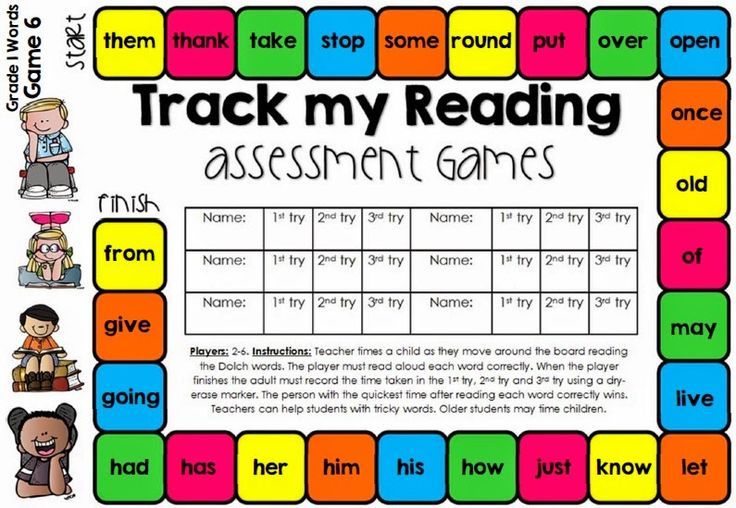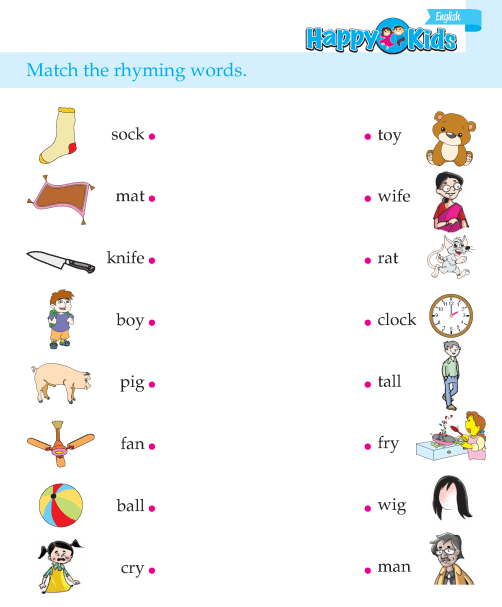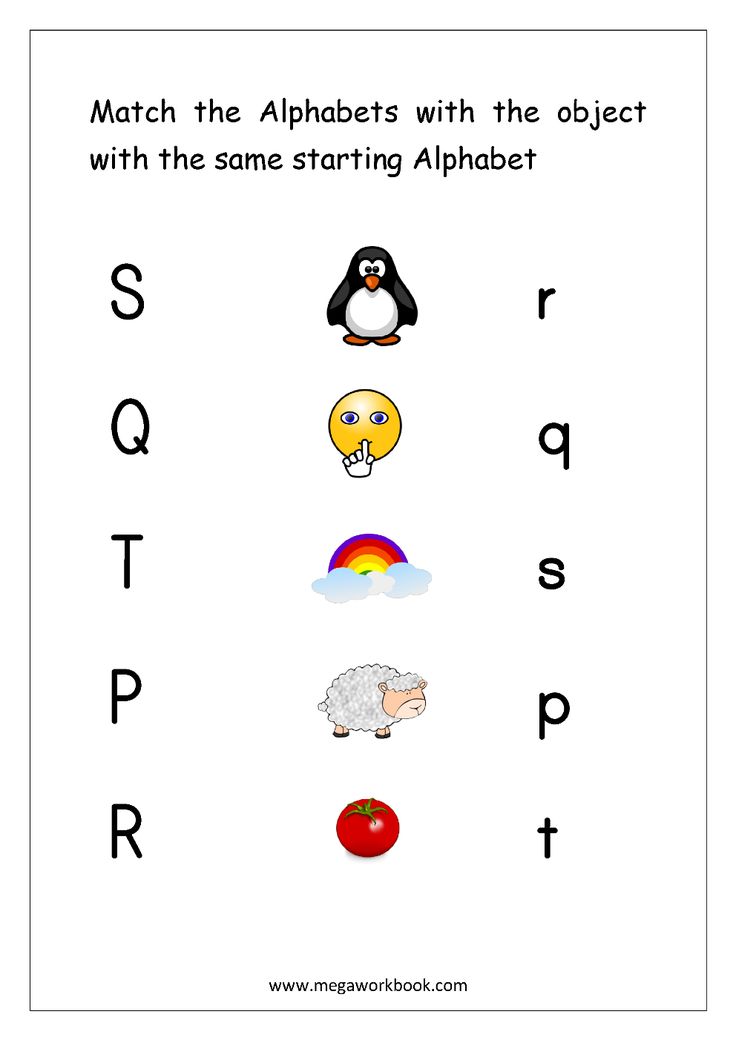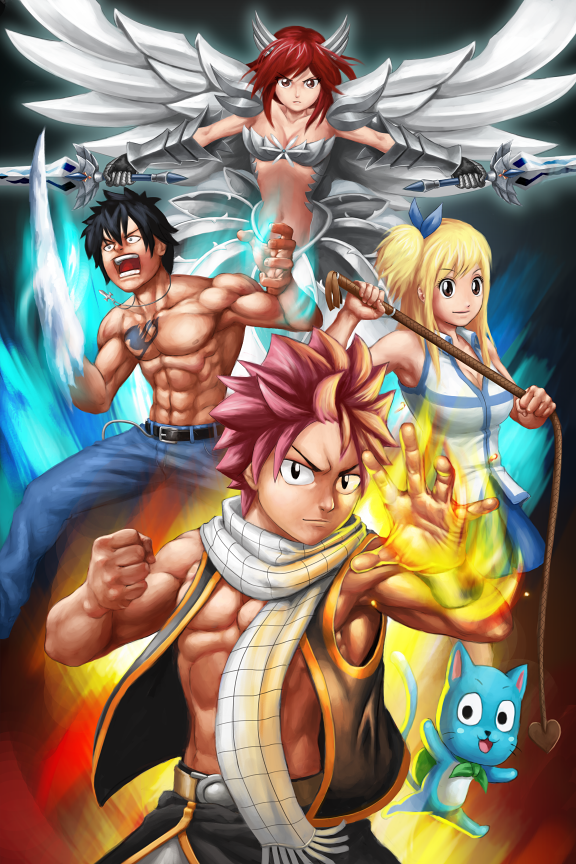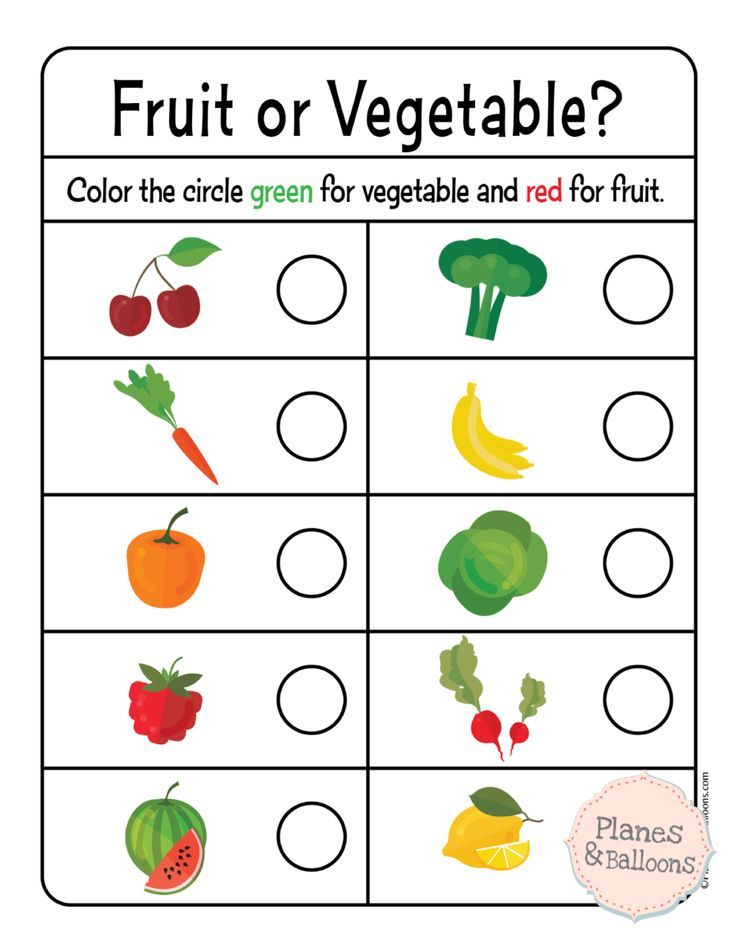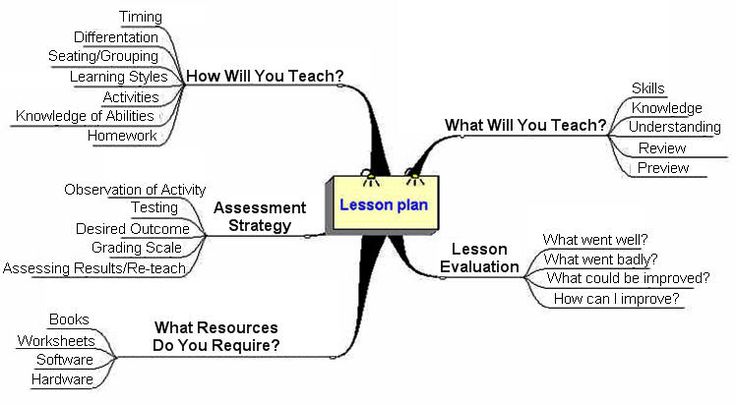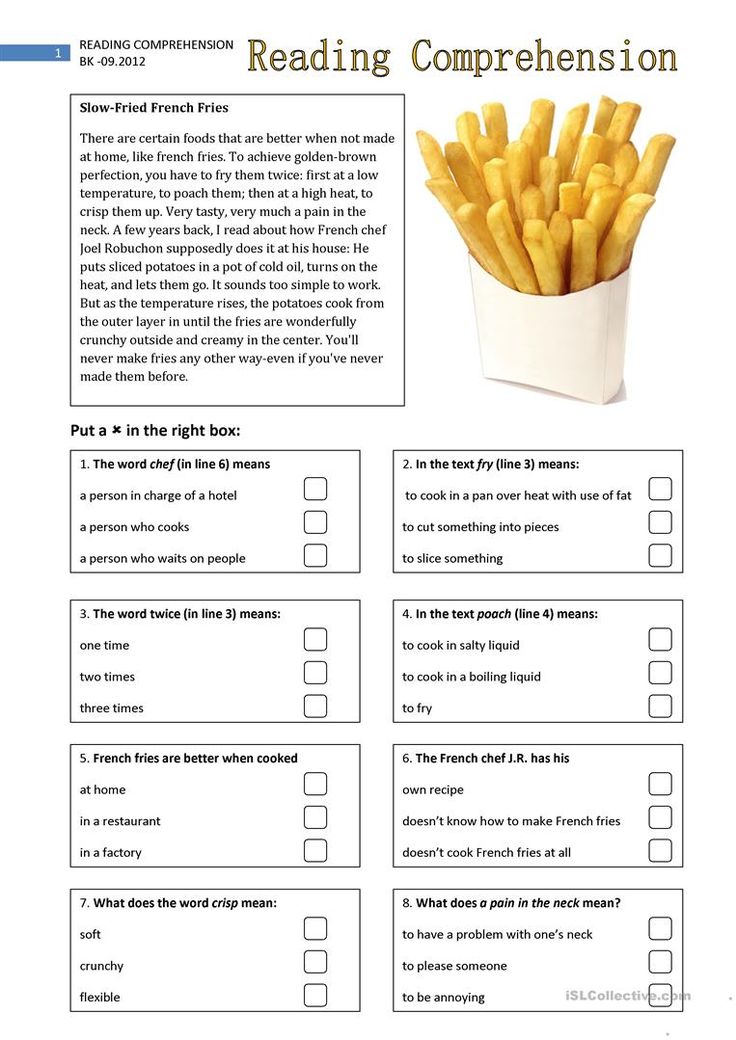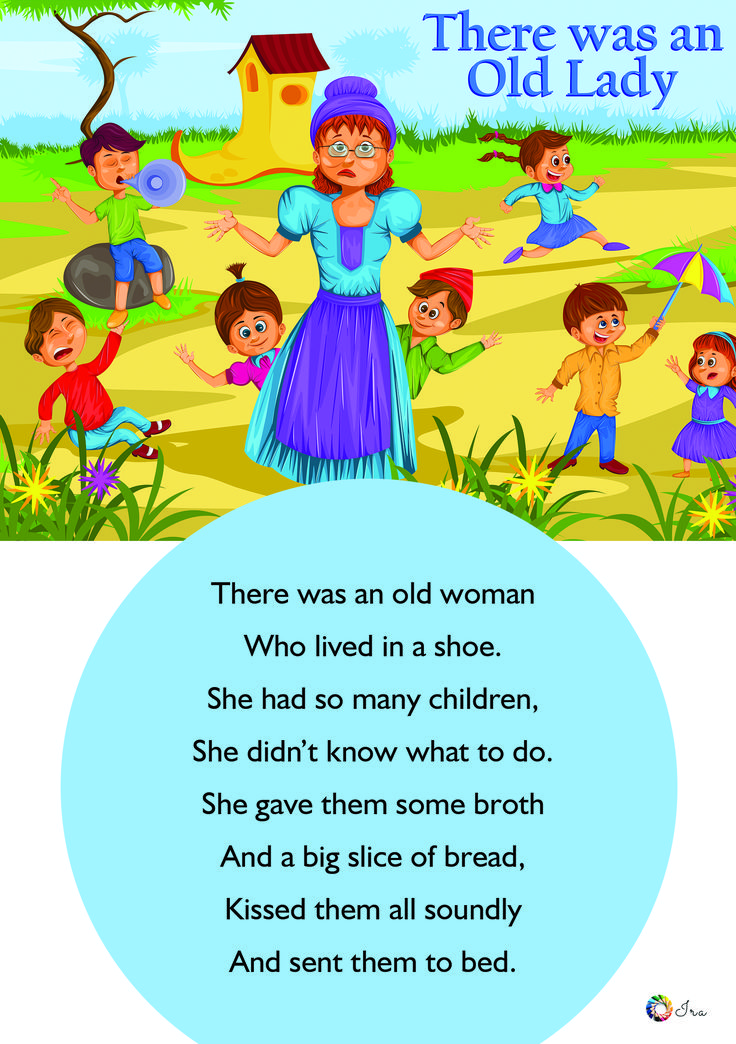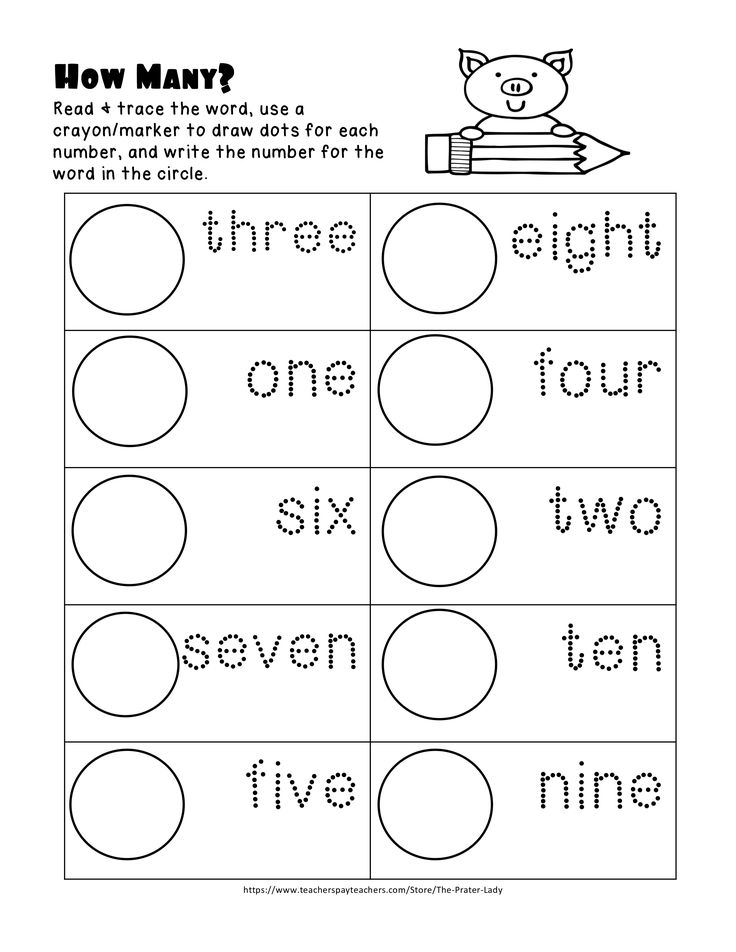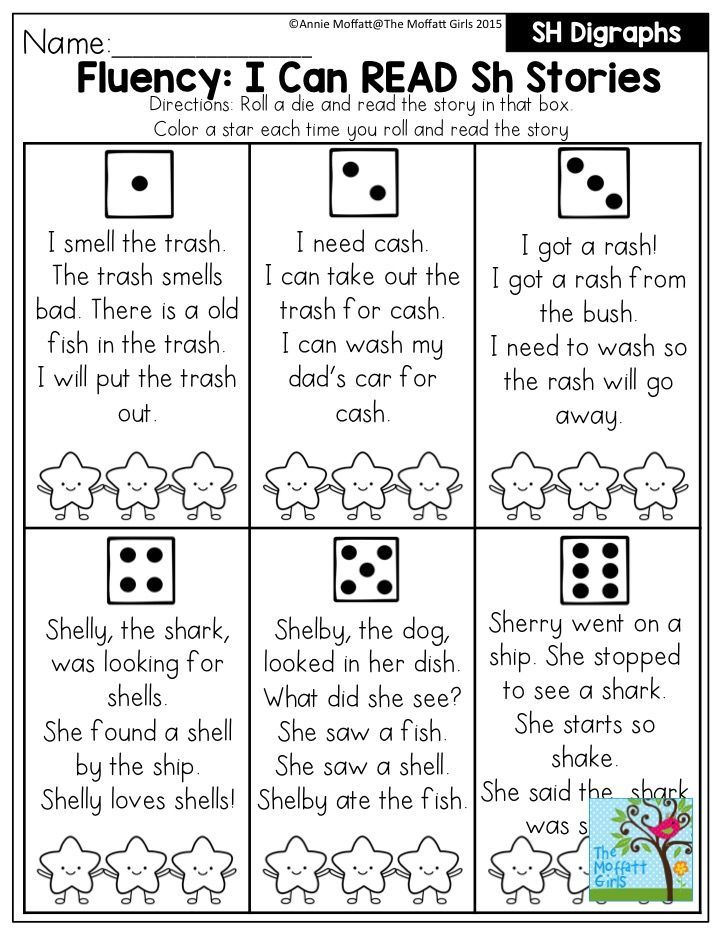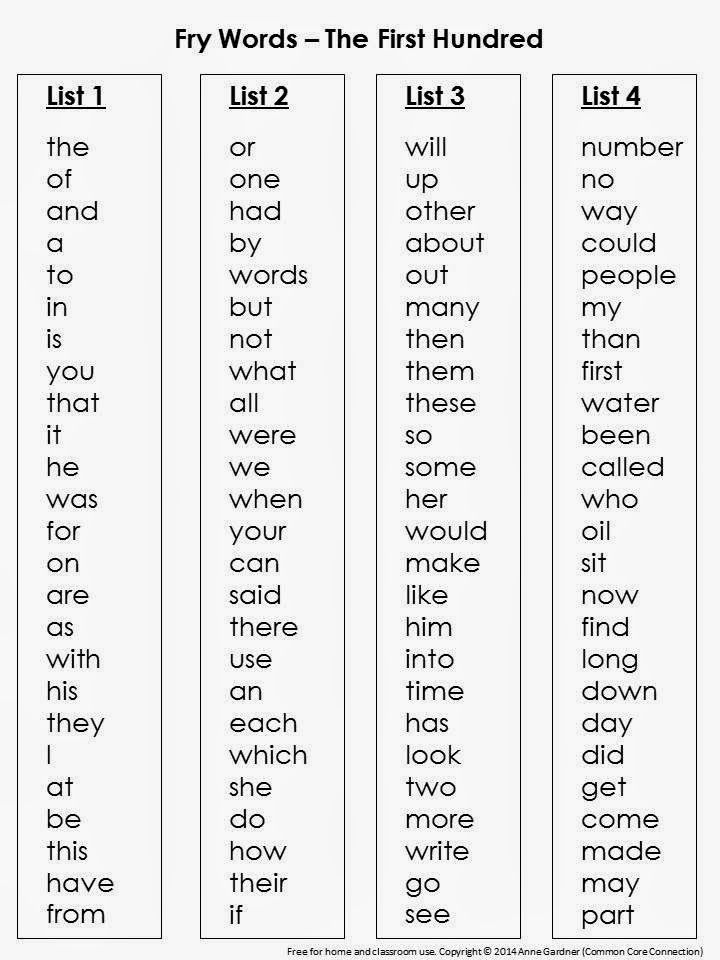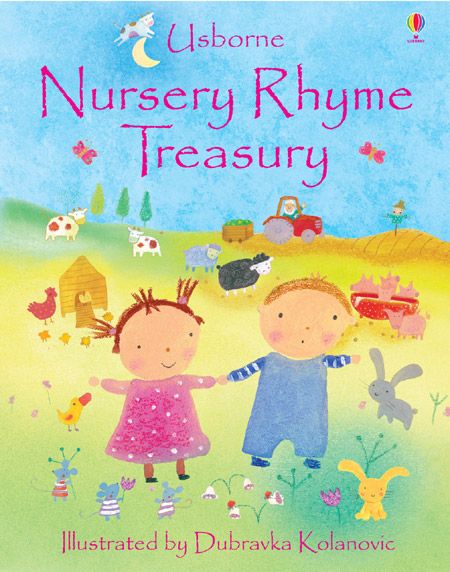Spelling word practice games
Help
Problem: The website is blocked to my students
Do your students get a message such as "website can't be reached"?
Solution: Contact your school's technology department, or someone at your school who's in charge of the internet, and tell them you wish to use this website with your class. They can simply unblock it by adding it to their list of approved websites within a couple of minutes.
Problem: I’m using a Mac and the website isn’t working
If you’re using a MacBook or an iMac and the website isn’t working, then try using it with a different browser. If you tried Chrome for Mac and it didn’t work, then try the Safari browser instead (it’s already installed on every Mac), or Firefox (it’s free to download, quick to install, and works great).
How can I save my lists?
After you type your list, click the "Save list / Open saved list" button. Then, type a title for your list, and click the "Save" button.
You can save this way up to 24 lists. They will be stored locally in your browser's cache. Note that if you delete your browser's "history" then your saved lists might get deleted.
Problem: I can't save lists / Saved lists are erased
Your lists might not be saved due to the following reasons:
1. Too strict privacy settings in your browser. (try reducing it, or try another browser).
2. Too strict anti-virus or firewall settings. (try reducing it).
3. In schools, web administrators often disable some features of the computers such as the ability to save changes that you've made.
If you can't get your lists saved, you can always save your lists in a document, as described in the following section:
Saving lists permanently
You can save lists permanently in a text document.
Copy the sharing code (see the section below about sharing lists), and paste it inside a text document (such as MS Word or Google Docs). Type your title above it. You can paste this way as many lists as you wish.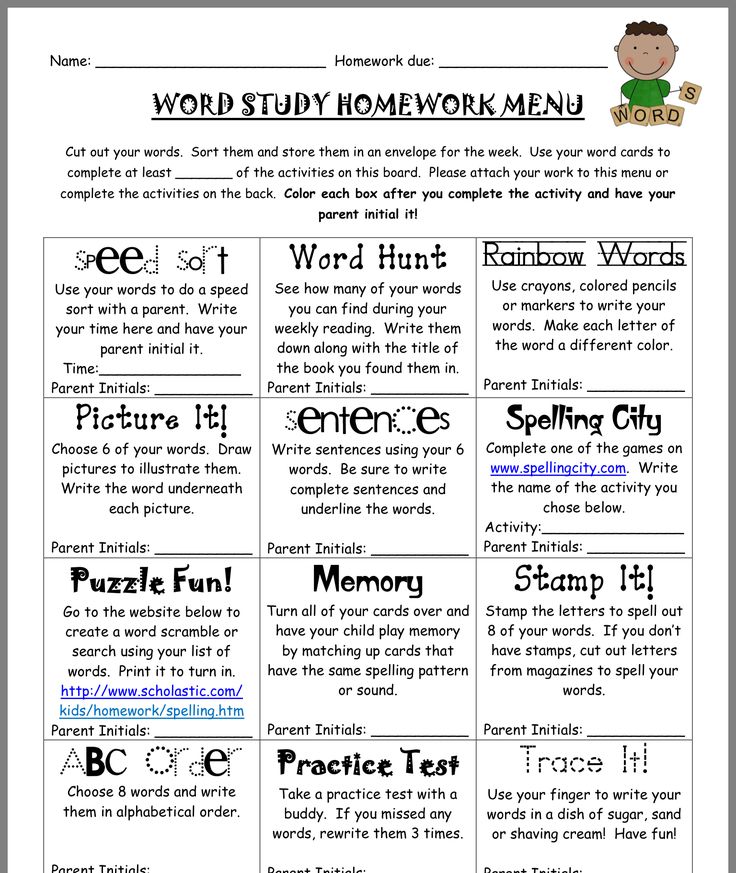 Save the document.
Save the document.
In most document types, when you click the sharing code it will automatically open the website with your list inside it.
How Can I share my list with my students?
After you type your list, click the "Share this list" button. An address that contains your list will appear. Copy it, and paste it in your class's website, or in your Google Classroom.
Problem: A game stopped working (can't hear sound, or the screen is black, or doesn't load)
Note that old computers (older than 4 years) might have trouble running some of the games.
Solutions:
1. Try reloading the page (use the "reload" button on the browser, or the F5 key on the keyboard).
Does it work now? If it doesn't, then try the following:
2. Close the browser, including all its open tabs (better save your word list before closing). If you can, close other computer programs that are open too.
Now wait a few seconds (to let the computer's memory get flushed).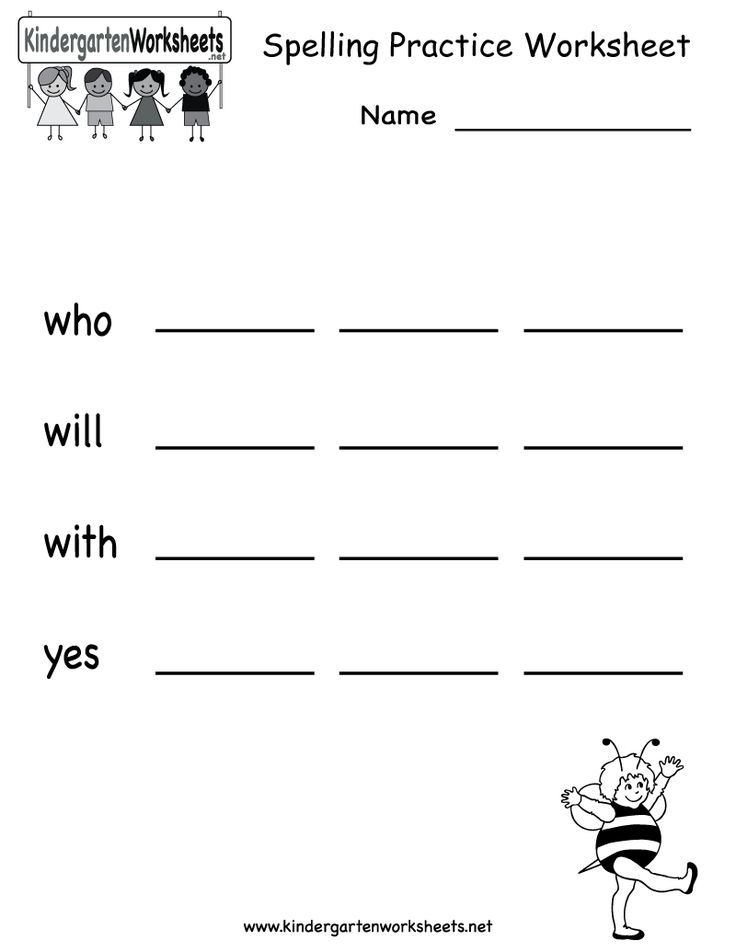
Now open the browser again, get back into spellingtraining.com, go to the problematic page and reload it again.
If it still doesn't work, then:
3. Try the website with another browser (Google Chrome, Firefox, Microsoft Edge, Safari, etc.). If it doesn't work with one - it might work with the other.
If it still doesn't work - please tell me about it! Send me an email to: [email protected]
But also in the meantime, the following solution will probably work -
4. Try using the website from another computer.
Problem: Some games are suddenly missing (Rollercoaster, Dragon)
Solution: If you browse from a computer and this happens, try the following:
1. Maximize the browser's window size. The games might now reappear.
2. Try zooming out by clicking "Ctrl" with "-" (pressing Ctrl with the minus key). If you zoom out the missing games will appear.
Note that those 3d games (rollercoaster, dragon island, jungle speller etc.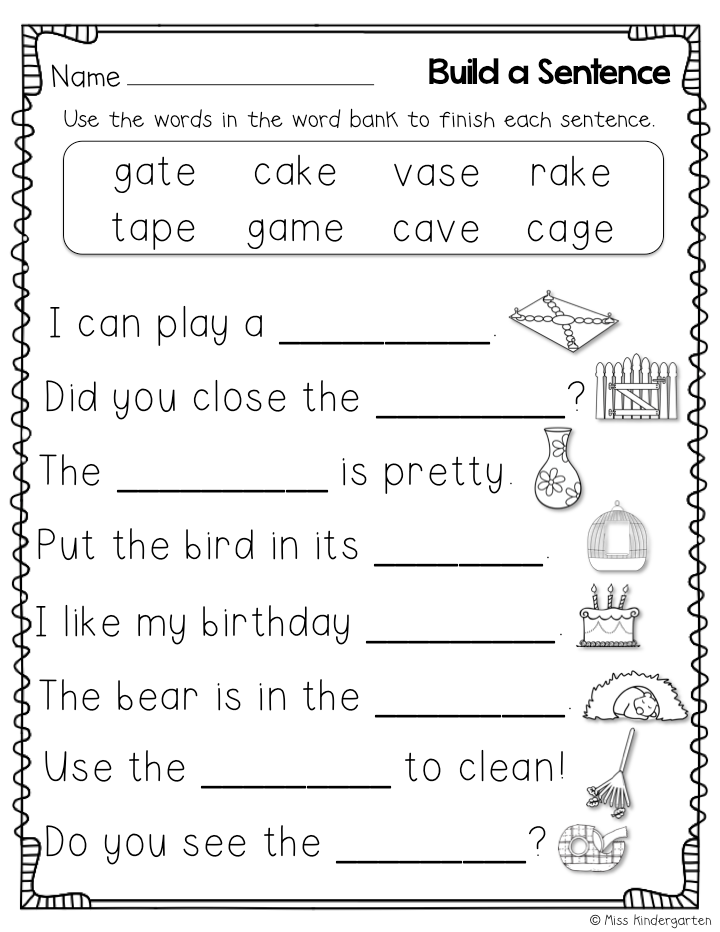 ) won't appear on tablets and smartphones.
) won't appear on tablets and smartphones.
I didn't find an answer to my problem
If there is anything else that you need assistance with, don't hesitate to contact me and I'll do my best to help you. My email is [email protected]
9 Fun DIY Spelling Word Games for the Classroom
DESCRIPTION
spelling word game with letter pieces
SOURCE
CraigRJD / iStock / Getty Images Plus
PERMISSION
Used under Getty Images license
Spelling can be fun to practice in the classroom. These spelling games are perfect for specific spelling words or for reinforcing spelling rules in class. Keep reading to find ideas for fun spelling word games for all levels.
Baseball Spelling
Everyone loves a nice game of baseball! Use baseball terminology and rules to reinforce important spelling words in your language arts lesson.
- Draw a baseball diamond on the board (home, first, second, third plates).
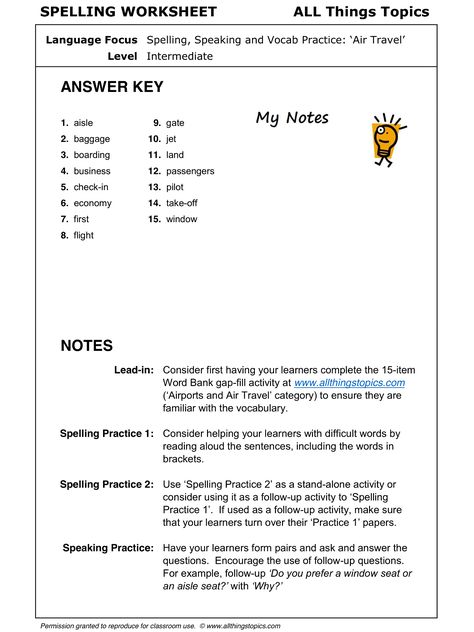
- Split the class into two teams. Assign one team as the fielding team and the other as the batting team.
- Have each team write up a “batting order” that includes everyone’s names.
- Have the fielding team choose one “pitcher” to read the words.
- The pitcher reads the first word to the person who is listed first on the batting team’s batting order.
- If the batter gets the word right, they’re on first base. You can indicate this on the whiteboard baseball diamond.
- The pitcher reads the next word to the next batter. If they get it right, they move to first and the previous batter moves to second.
- If someone spells a word wrong, they strike out. When there are three strikeouts, the teams switch and the fielding team gets to “bat.”
Play as many innings as you need for everyone to get a turn and to review all the spelling words. Students can either stand in front of the class when they’re “at bat,” or they can spell from their seats.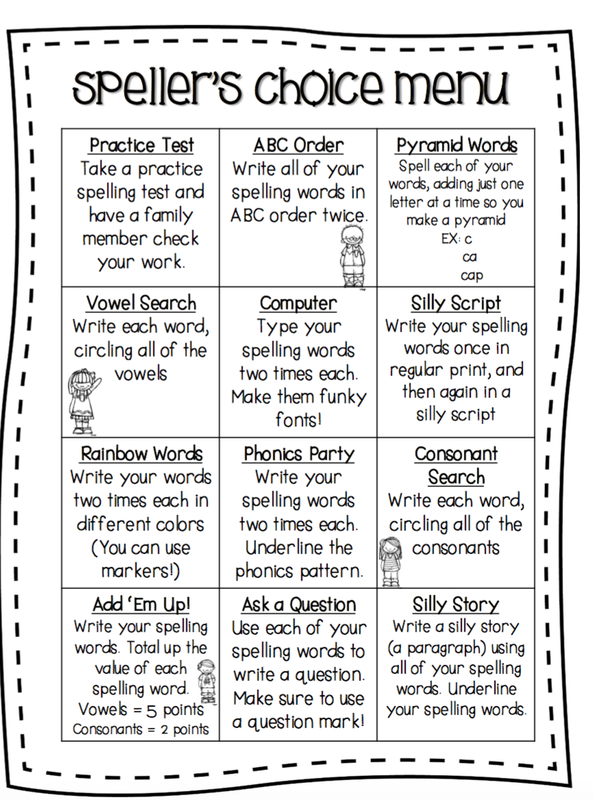
Advertisement
Board Races
Students love writing on the board, running in the classroom and competing against each other – it’s a perfect fit! You can play board races with any subject, but it’s especially helpful for spelling because it’s so visual.
- Split the class into two or three teams, depending on how many students you have.
- Read the first word on the spelling list.
- The first student on each team races up to the board and writes out the word with its proper spelling. This includes capitalization for proper nouns.
- Whoever spells the word correctly (and legibly) gets a point for their team.
- Repeat the game until you’ve run through all the spelling words a few times.
For an extra challenge, use alphabet magnets instead of dry-erase markers for students to arrange in the correct spelling. You can also use this game to practice dictionary skills by calling out extra hard words that they’ll need to look up.
Advertisement
DESCRIPTION
word game using alphabet magnets on board
SOURCE
RoterPanther / iStock / Getty Images Plus
PERMISSION
Used under Getty Images license
Catch the Spelling Word
Work on your students’ hand-eye coordination as well as their spelling.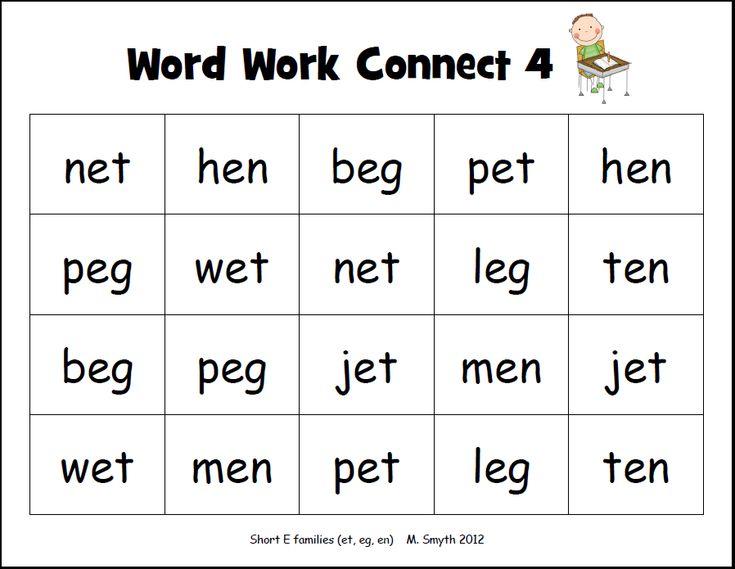 All you need is a spelling list and something soft to throw back and forth.
All you need is a spelling list and something soft to throw back and forth.
- Divide the class into small groups of 4-5 people.
- Get an inflatable ball, stuffed animal or anything that students can throw without hurting each other for each group.
- Have one group come to the front of the class with the ball.
- Set a timer for one minute.
- Read the first spelling word.
- The student with the ball says the first letter of the word.
- If it’s correct, they toss the ball to another student, who says the next letter.
- If it’s incorrect, they sit down and the next group stands up.
- If they drop the ball, they sit down.
- Once they’ve correctly spelled the word, read the next word.
- Repeat until the group’s minute is up. The group gets points for every word it has successfully spelled.
- Have the next group come to the front of the class.
You can adapt the game for groups to play at the same time or even for pairs to play.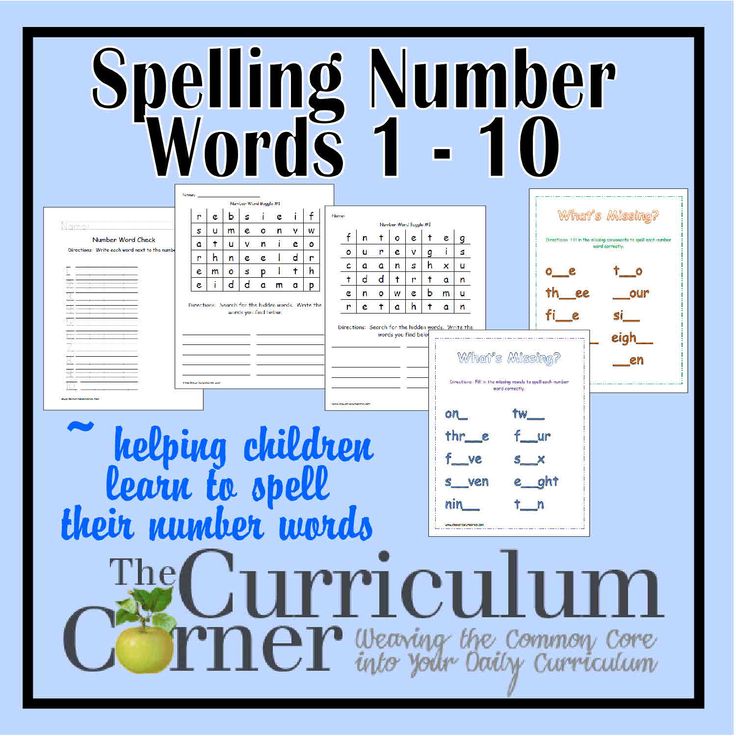 Middle and high schoolers may especially enjoy the physical part of tossing the ball back and forth.
Middle and high schoolers may especially enjoy the physical part of tossing the ball back and forth.
Advertisement
Disappearing Spider
Disappearing spider is played like hangman (or hang spider) in reverse. This is an entertaining and competitive game that is perfect to play right before a spelling test.
- Split the class into two teams.
- Draw two stick-figure spiders on the board, each with the same 10-15 body parts.
- The first person on the first team says the word, spells it and says it again.
- If they are correct, they erase one part of the other team's spider. If the word is spelled wrong, it is the next team's turn. Keep going until one spider is no longer visible on the board.
If your class wants to be more creative, have them choose another animal to be their team mascot. One student can draw the animal on the board, and the other team can erase parts of it when they get the spelling words right.
Advertisement
DESCRIPTION
spider for spelling word game
SOURCE
RKaulitzki / iStock / Getty Images Plus
PERMISSION
Used under Getty Images license
Kaboom
If you need a whole-class spelling game to play with a list of spelling words, try kaboom.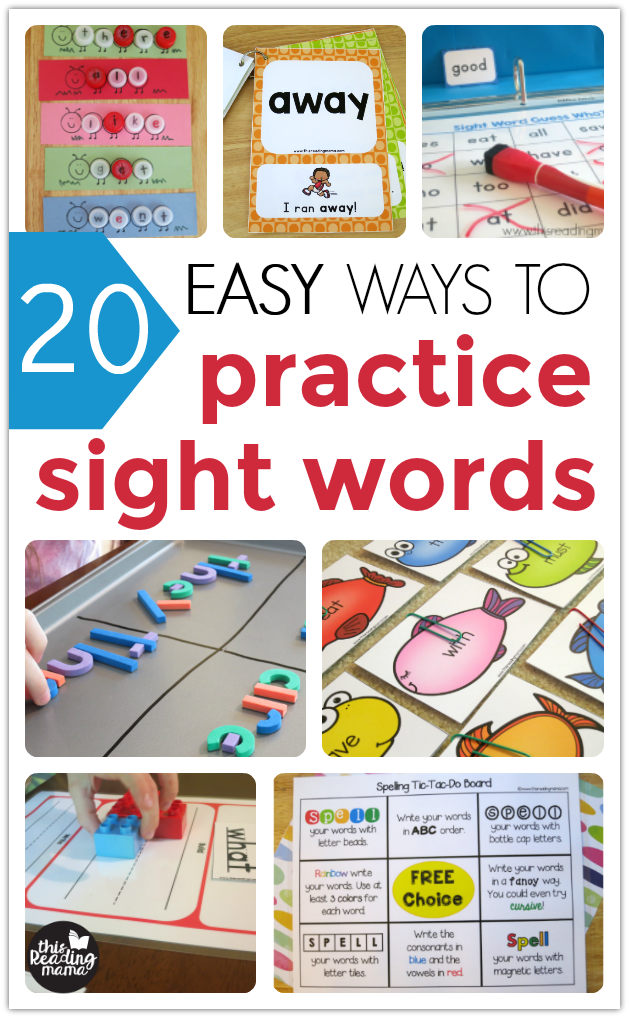 This game requires enough Popsicle sticks for every student to have at least two.
This game requires enough Popsicle sticks for every student to have at least two.
- Write the spelling word on Popsicle sticks and put them in a cup. For every five words, add a stick with "KABOOM" on it. If there are 20 words, there would be four extra “KABOOM” sticks.
- The first student picks a stick without looking and hands it to the teacher.
- The teacher reads the word. The student spells it out loud.
- If the student spells it correctly, they keep the stick. If they spell it wrong, the stick goes back into the jar.
- When a student picks the “KABOOM” stick, they have to put all the sticks that they have collected back into the pile.
- The game is over when there are no sticks left in the jar. The student with the most Popsicle sticks is the winner.
If you don’t have Popsicle sticks, you can use pieces of paper or other supplies. You can also assign a student judge who has all of the words available to double-check their classmates’ answers.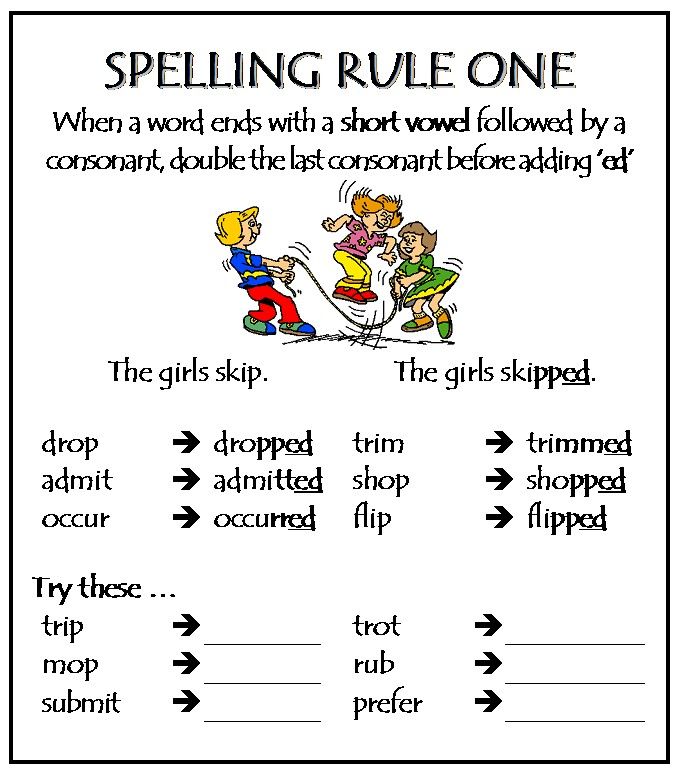
Advertisement
Sparkle
Sparkle is a great game to practice spelling with a little competition. You can play sparkle as a whole class or split the students into smaller groups. It’s also a great way to pass the time when students need to wait in line for a long time.
- Have students stand in a circle or straight line.
- Choose a student to call words out or call them out yourself. For example: “window.”
- When the first word is called out, the first person starts spelling it, saying only the first letter (“w”).
- The second person says the second letter (“i”). If a student says the wrong letter, they sit down or leave the circle.
- The third person says the third letter (“n”) and so on, until the word is spelled correctly.
- Whoever says the last letter of the word turns to the next person and says "Sparkle!” The person who would have been next is out because he or she got "sparkled."
The game continues with the leader calling out another word.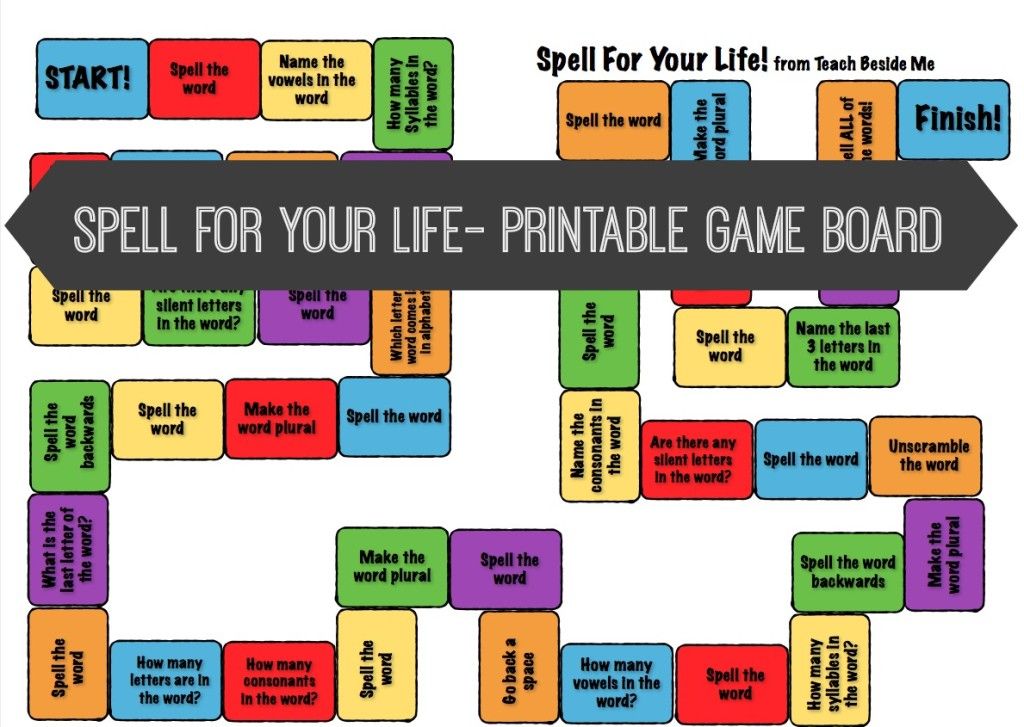 The game continues until everyone is out except for one player, who is the winner.
The game continues until everyone is out except for one player, who is the winner.
DESCRIPTION
sparkle magic wand for spelling word game
SOURCE
artpartner-images / The Image Bank / Getty Images
PERMISSION
Used under Getty Images license
Spelling Bee
Little kids can participate in a spelling bee game without the pressure of competition. This elementary spelling game is fun for young readers and older elementary students alike.
- One student is the bee and buzzes around the room while the students chant: "Buzz, buzz, spelling bee, you can't sting me!”
- The bee stops behind a desk and the teacher gives that student a word to spell.
- If the student spells it correctly, then the bee has to sit down and the student is the new bee.
- If the student is wrong, the whole class spells it together.
- Continue until every student has a chance to spell.
Another thing to do to keep the other students involved is to have them do a "thumbs up" or "thumbs down" after the student spells the word.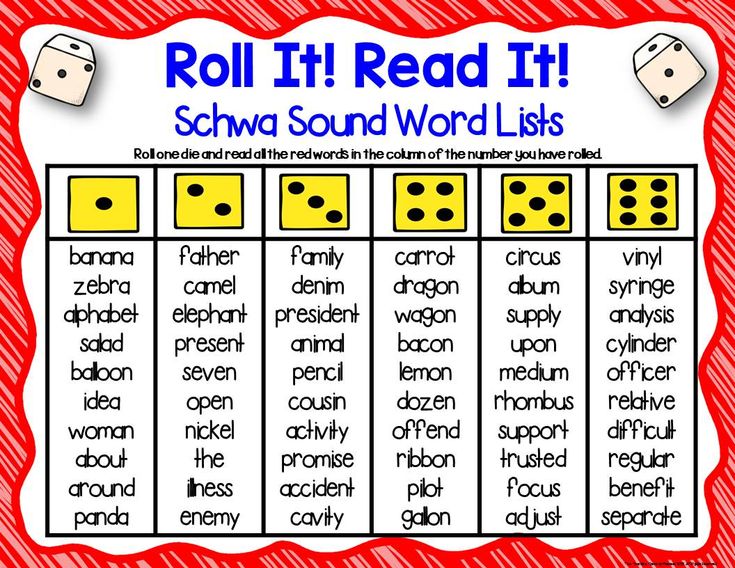 You can also have the students sit in a circle in a similar way to the game duck, duck, goose.
You can also have the students sit in a circle in a similar way to the game duck, duck, goose.
Step and Spell
Step and spell uses a shower curtain that has the letters of the alphabet taped or written on it. You’ll also need a "start" and "finish" spot written onto the shower curtain.
- Spread out the shower curtain on the floor.
- The students sit on the floor around the shower curtain.
- One student stands on the "start" box. The teacher reads the first spelling word.
- The student goes to the first letter of the word, stands on it, says the letter, and goes on to the next one, finishing on the "finish" box.
- If they make a mistake, they start all over again.
For an extra challenge, arrange the letters on the shower curtain in keyboard (QWERTY) order. If you don’t have a shower curtain, you can write the letters on pieces of paper and spread them on the floor. If you’d like to play outside, write letters in chalk on the asphalt and have kids jump to the right ones.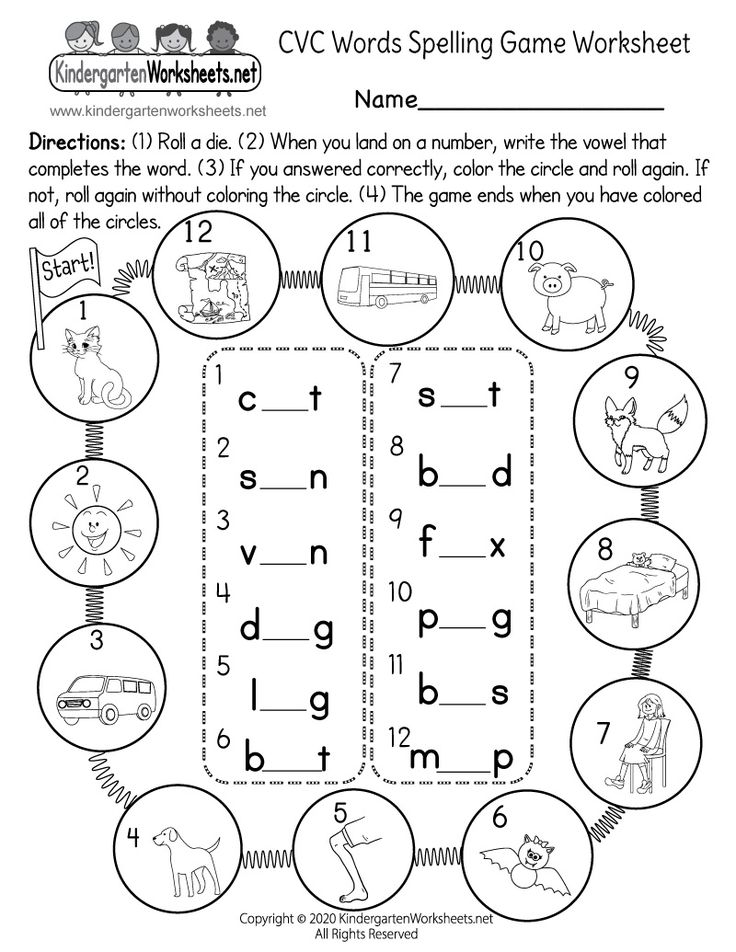
Treasure Words
Spelling words correctly can be a treasure, but students don’t always know that! Send them on a treasure hunt for new spelling words with a game of treasure words.
- Write the spelling words on index cards and hide them in plain sight all over the room. You can tape them to walls, windows or wherever.
- Put the students in pairs and give each pair a spelling list.
- They find the word and one student turns his back to the word and spells it.
- The second student puts a check by the word if it was spelled correctly. Then they switch places and do it again.
- If the student spells it wrong, have them look at it again and do it over.
- By the end of the game, they will have two checks by each word.
This is a great activity because the students are seeing, saying and hearing the word. It’s best used when introducing spelling words to the class at the beginning of the week or a language arts unit.
Games Make Language Arts Fun
Drilling spelling words is boring for students, making it ineffective.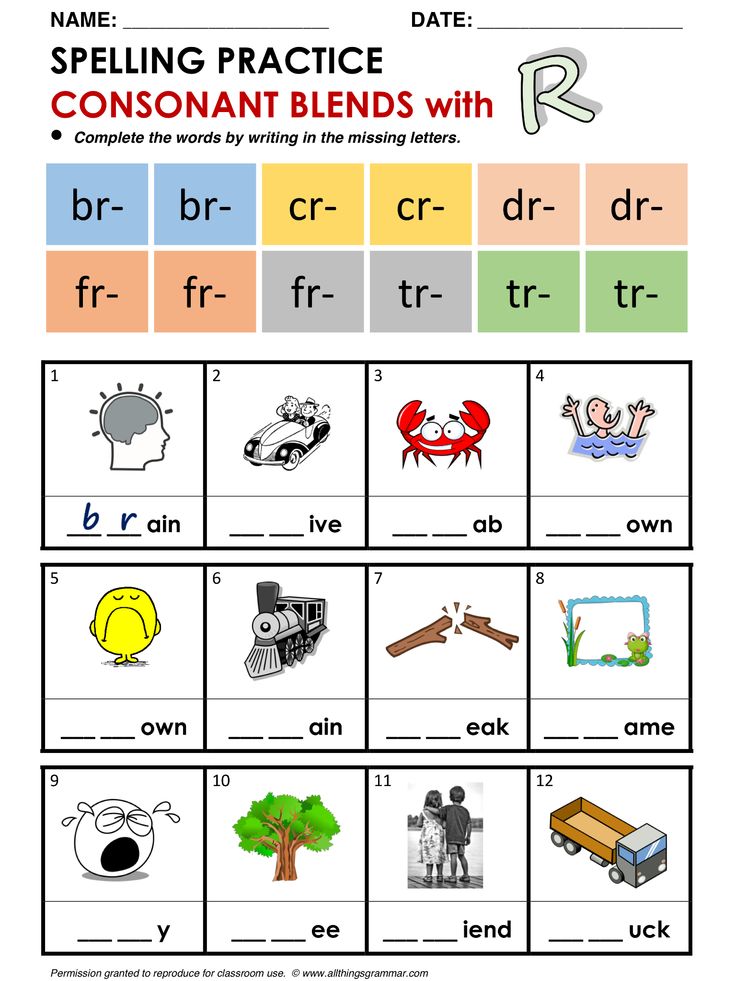 Engaging class activities help students internalize spelling rules and practice high-frequency words. Use this list of fun spelling games for the whole class and small groups.
Engaging class activities help students internalize spelling rules and practice high-frequency words. Use this list of fun spelling games for the whole class and small groups.
After playing these games in class, students are sure to enjoy language arts a lot more. Keep the fun going with these cool grammar activities, or reinforce parts of speech with a collection of noun games.
Literate on the App Store Russian Language Test
Description
Didn't you also know that "reluctantly" is spelled that way? Then the spelling quiz "Literate!" will surprise you even more! The quiz is intended for everyone who wants to write correctly.
Schoolchildren can improve their knowledge for the GIA and the Unified State Examination in the Russian language.
The most interesting and difficult words are collected in the spelling dictation.
- Each test consists of 20 questions. You are given 4 options for writing a difficult word.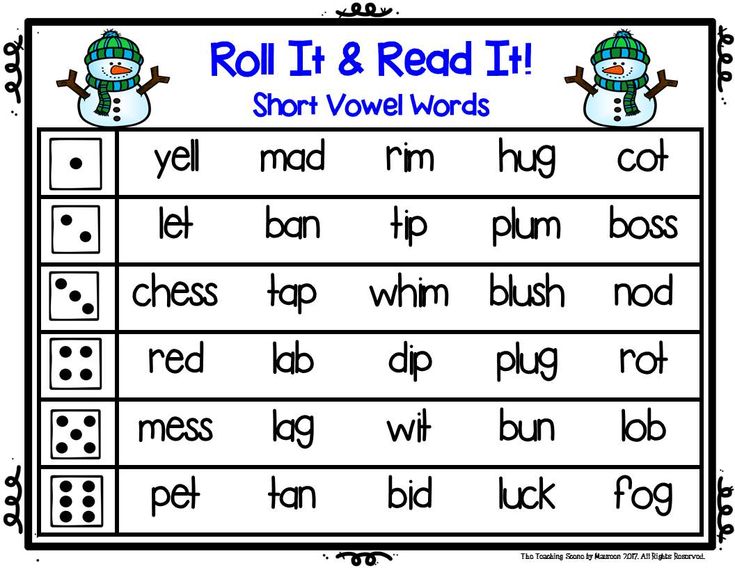
- The task is to choose one correct answer.
- At the end of the game you will find out what your knowledge is worth: from 1 to 5+.
Memorize the spelling of words, set records and compete with other players!
Improving the quality of spelling and broadening your horizons are guaranteed!
The creators of the game used authoritative explanatory and spelling dictionaries.
“Literate! “Get smarter!”
(“Literate!”© AllyTeam.)
Version 3.3.0
Now you can play 3 difficulty levels and 3 game modes for free.
Ratings and reviews
Ratings: 10.6k
👍👍👍👍
I really like the game.
Cool 😁👍❤️
One. Just one free game. The rest is in the paid version))
They screwed up their grades ...
A scam for money and an inflated rating
Do not download, this game is made for profit and nothing more.
Troubleshooting at Google? Are you seriously? No own examples of the use of words, meanings and spelling rules, but just open a web page? I would like to put -100 so that the wound rating falls.
Developer Nekhoroshev Ilya indicated that, in accordance with the application's privacy policy, data may be processed as described below. Detailed information is available in the developer's privacy policy.
No data collection
The developer does not collect data in this application.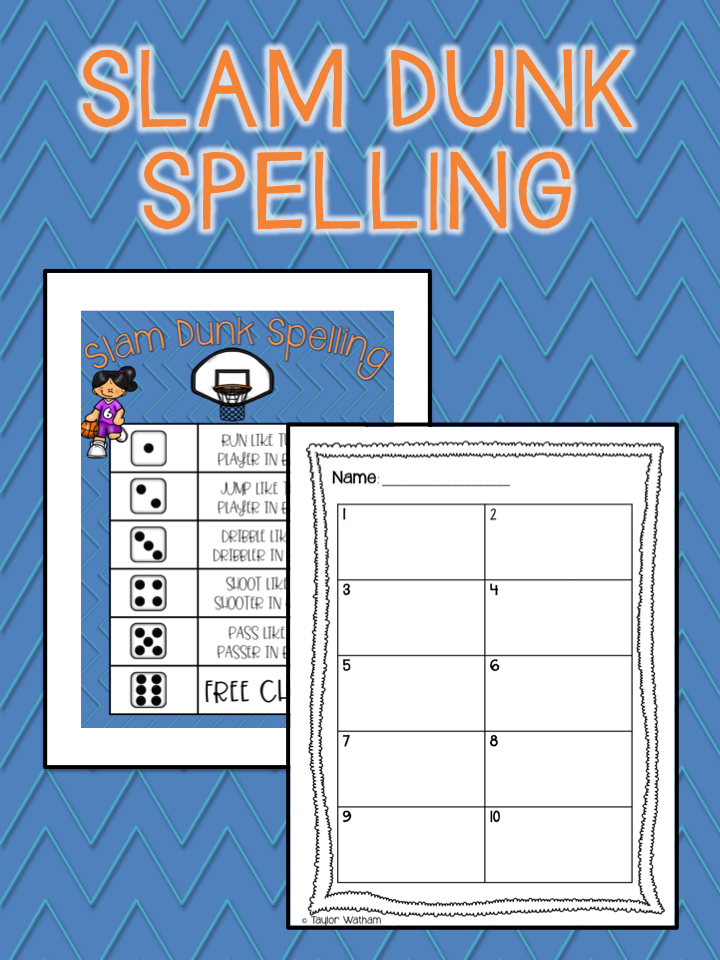
Sensitive data may be used differently depending on your age, features involved, or other factors. Read more
Information
- Provider
- Nekhoroshev Ilya
- Size
- 24MB
- Category
- Games
- Age
- 4+
- Copyright
- © AllyTeam
- Price
- Free
- Developer site
- App Support
- Privacy Policy
Supported
Other apps from this developer
You may like
Spelling games | Educational and methodological material on the Russian language on the topic:
SPELLING GAMES.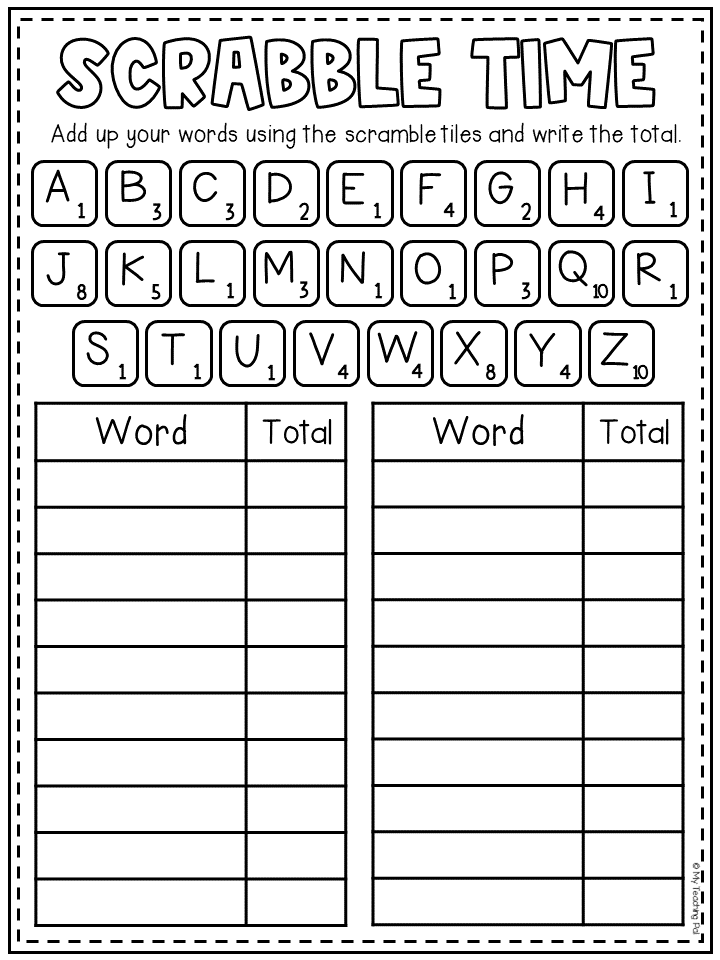
1.Check Dunno.
Dunno played with words, making one word out of two. Check if he
composed the words correctly?
Paul+Osa = stripes
Kol+Osa = Colosses
OG+Wasp-heads
Tooth+B+I = teeth
oak+b+I = Dubya
2. Who quickly correct the errors. (Subject: Capital letter)
The cards have misspelled text.
Task: Find and correct all capitalization errors as quickly as possible.
3. Read the offer. (Topic: Case endings.)
Cards are made from an album sheet on which sentences are written, but instead of nouns, the corresponding figures are placed.
Task: while reading a sentence, students name nouns in the corresponding case from the pictures, choosing the correct ending.
4. "Choose three words" (The game is used to consolidate any topics in the Russian language)
Purpose: To follow the formation of spelling skills, taking into account the stage of work on spelling.
The choice of words depends on the topics studied or covered.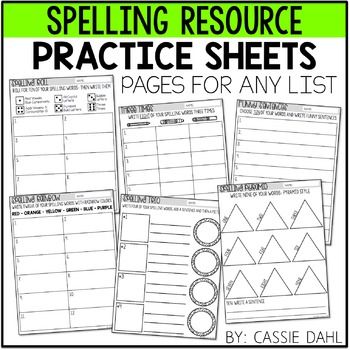
Nine words are written on 9 cards:
1st set: fish, blizzard, stocking, oaks, jam, scarecrow, streams, plague, mushroom.
2nd set: entrance, warehouse, crow, hail, shooting, treasure, gate, rise, sparrow.
Two take cards in turn, the winner is the one who first has three words with the same spelling.

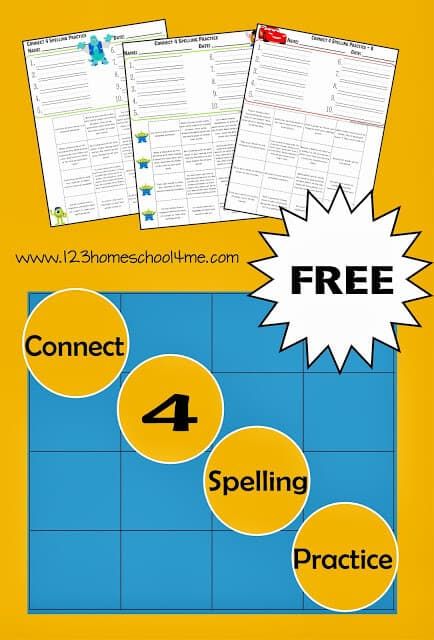
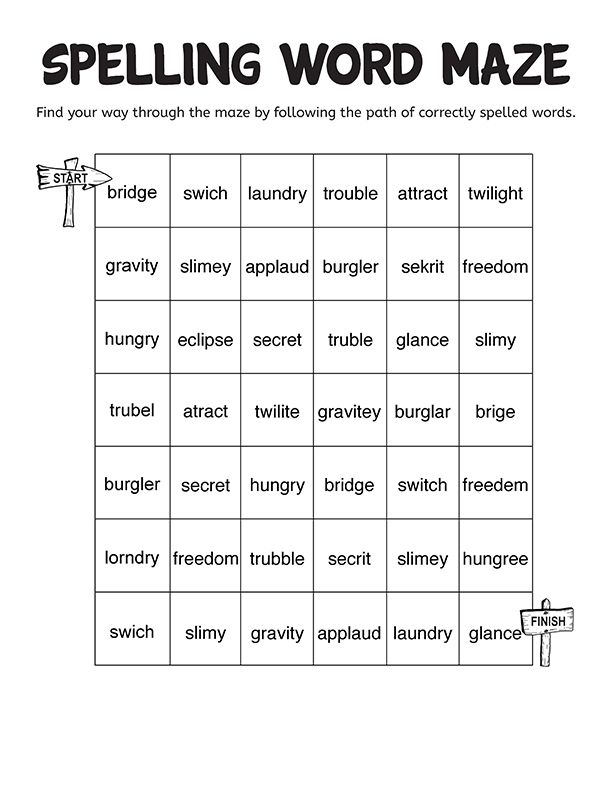
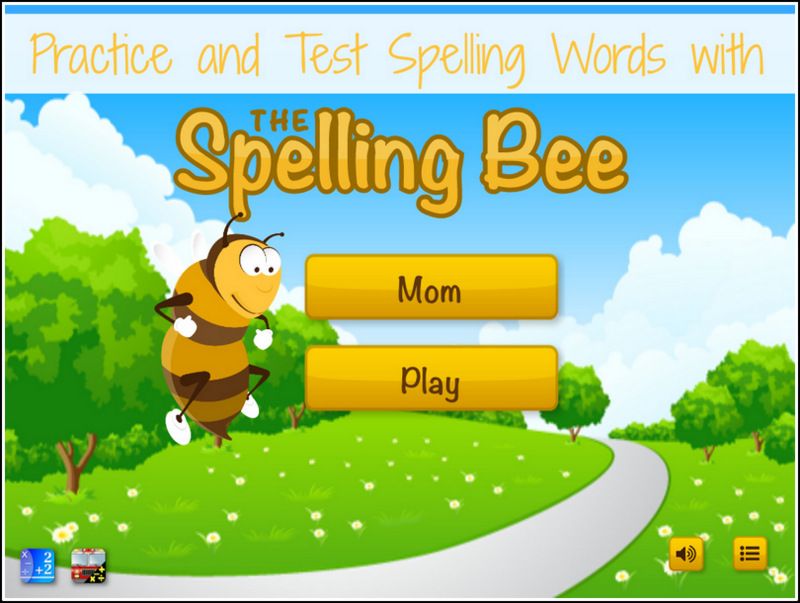
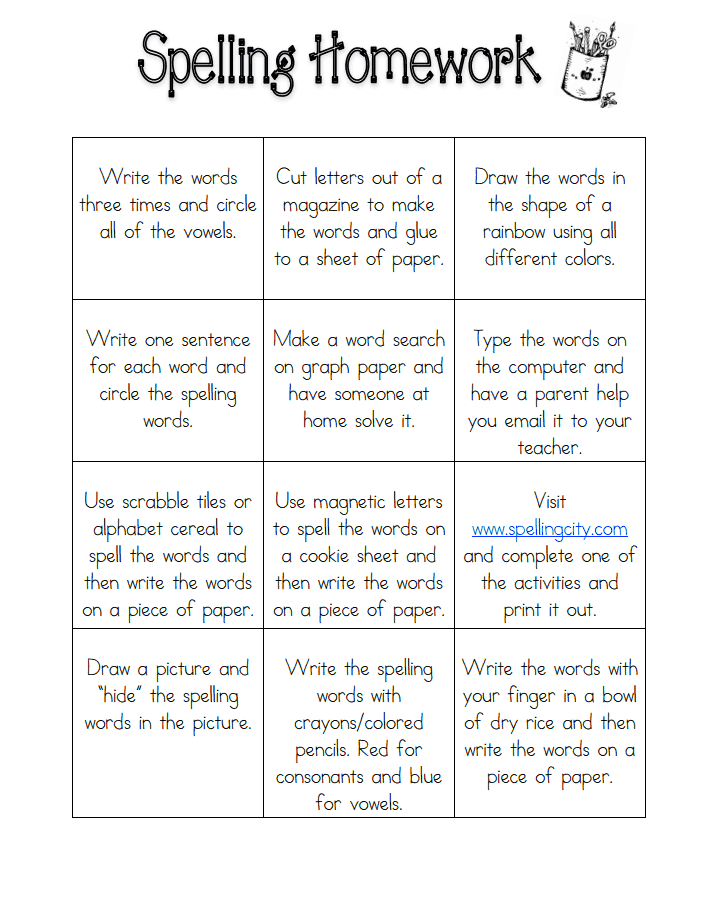
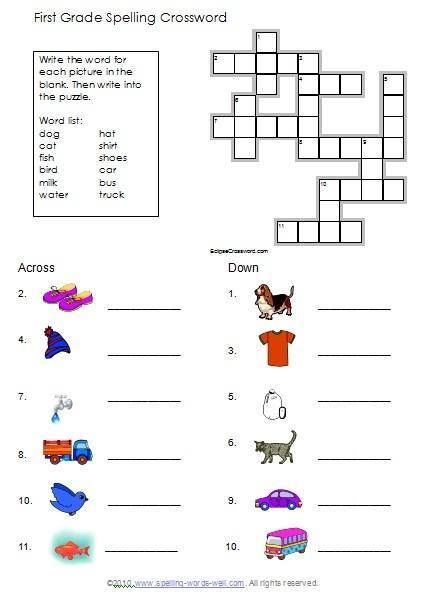
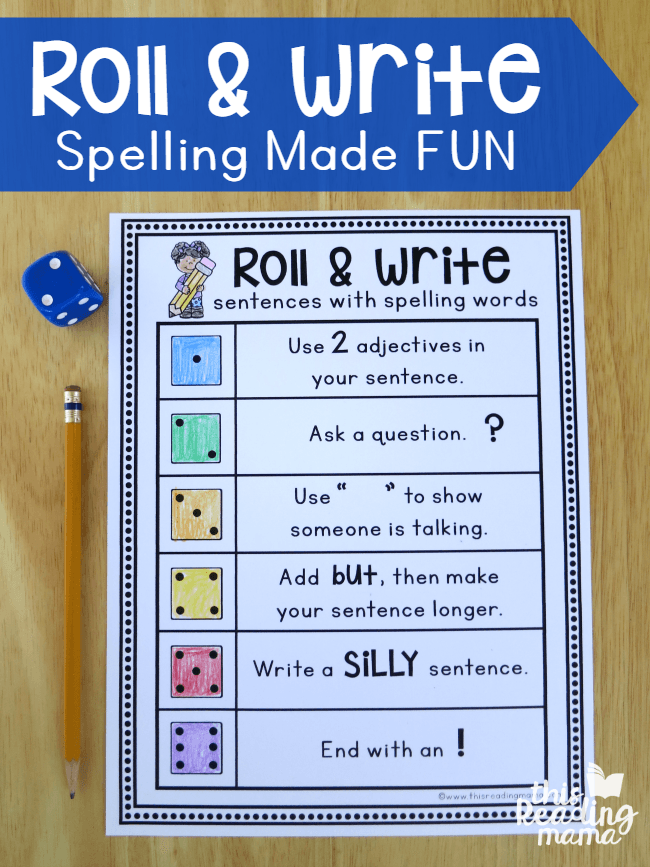 For a correct answer, the row receives a point. The winner is determined by the number of points.
For a correct answer, the row receives a point. The winner is determined by the number of points. 